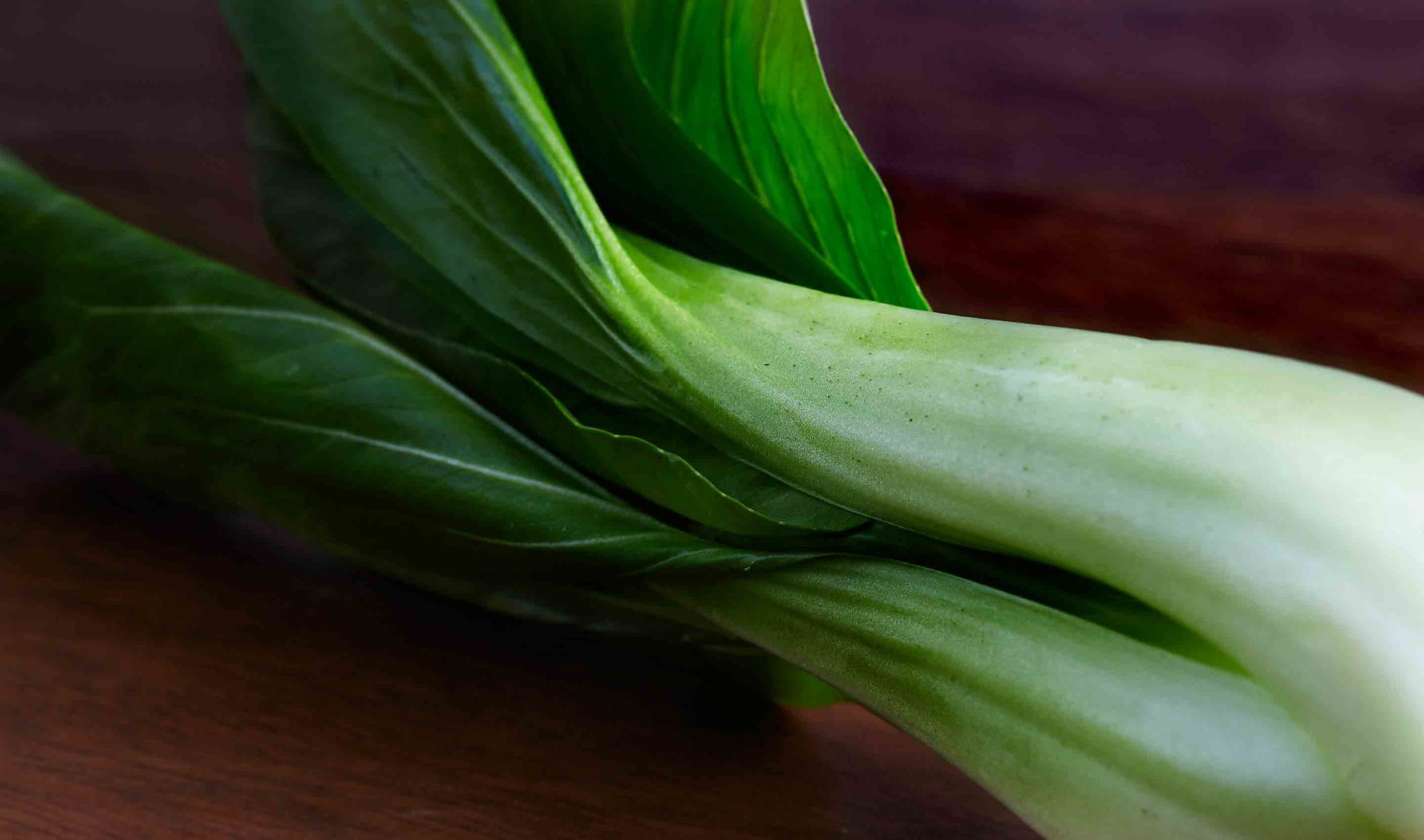
📣 PN Level 2 NOW OPEN: Get better client retention, results, and referrals. Save 44% + BONUS this week.

📣 PN Level 2 NOW OPEN: Get better client retention, results, and referrals. Save 44% + BONUS this week.

Vitamin B7, also known as biotin, plays an essential role in gluconeogenesis, leucine metabolism, energy production, and the synthesis of fats, as well as DNA replication and transcription. Whole food sources of vitamin B7 include leafy green vegetables, whole grains, salmon, avocado, tomatoes, carrots, almonds, eggs, and more.
Vitamin B7, also known as Biotin, is a water soluble vitamin. In the past biotin has gone by many names including coenzyme R and vitamin H. Vitamin B7 is actually the proper name.
Biotin has many functions in the body including:
Biotin can be found in several foods including:
Deficiency symptoms are rare in humans as intestinal bacteria produce enough biotin. However, consuming raw egg whites over a long period of time can cause biotin deficiency due to the protein avidin, which can bind up to four molecules of biotin and carry them out of the body. In this case, dermatologic symptoms occur.
If you suspect a health problem or deficiency in certain nutrients, please see your primary health care provider (doctor, naturopath, etc). They can help unravel the complexity of your physiology.
Vitamin B7 is not known to be toxic. Therefore, there are currently known symptoms of vitamin B7 excess/toxicity.
For recipes rich in vitamin B7, check out any of the Encyclopedia of Food entries for food items listed above.
Precision Nutrition’s Encyclopedia of Food expands every single month as we highlight new foods and showcase beautiful food photography. If you’d like to stay up to date, simply click this link. From there, we’ll send you a FREE copy of our recipe book. We’ll also let you know when new and delicious foods are added to the site.
Vitamin B7, also known as biotin, plays an essential role in gluconeogenesis, leucine metabolism, energy production, and the synthesis of fats, as well as DNA replication and transcription. Whole food sources of vitamin B7 include leafy green vegetables, whole grains, salmon, avocado, tomatoes, carrots, almonds, eggs, and more.